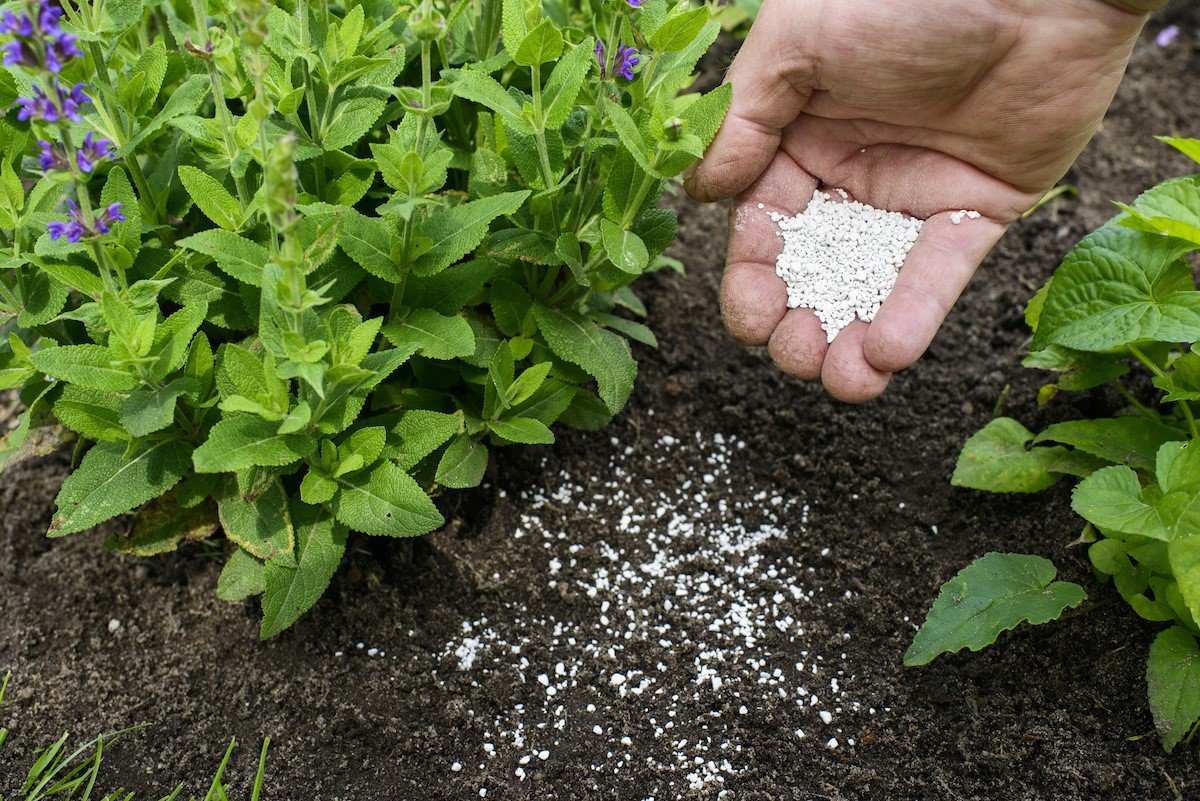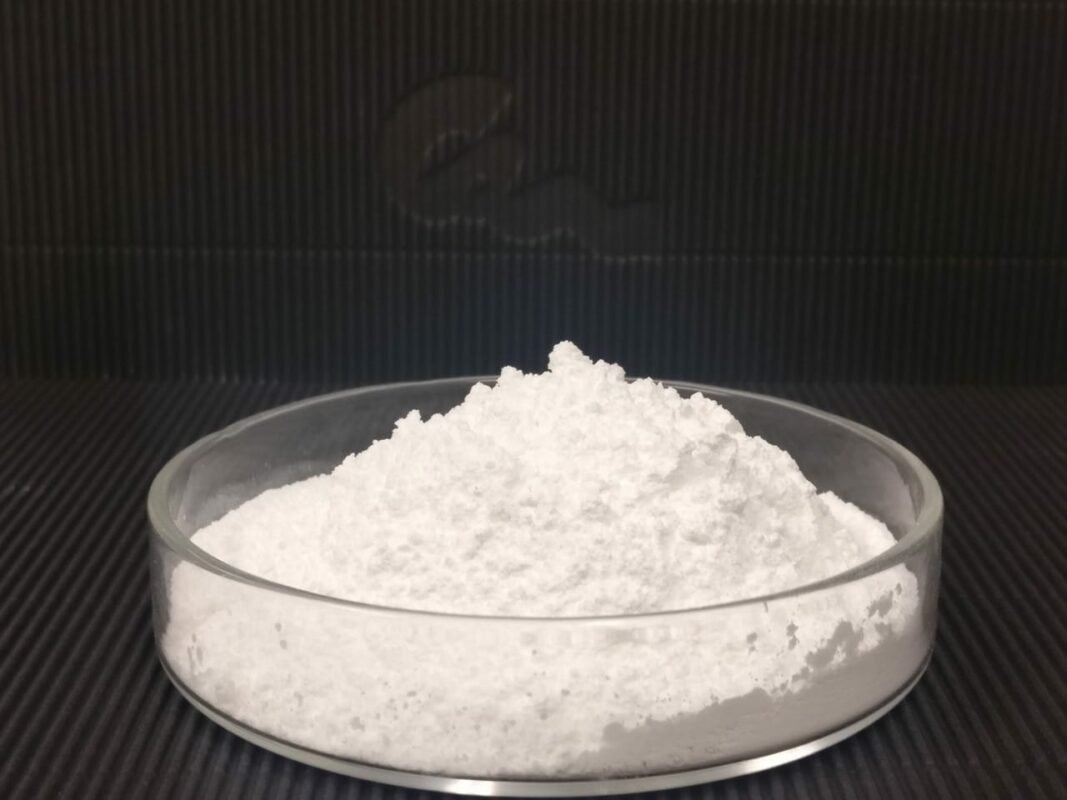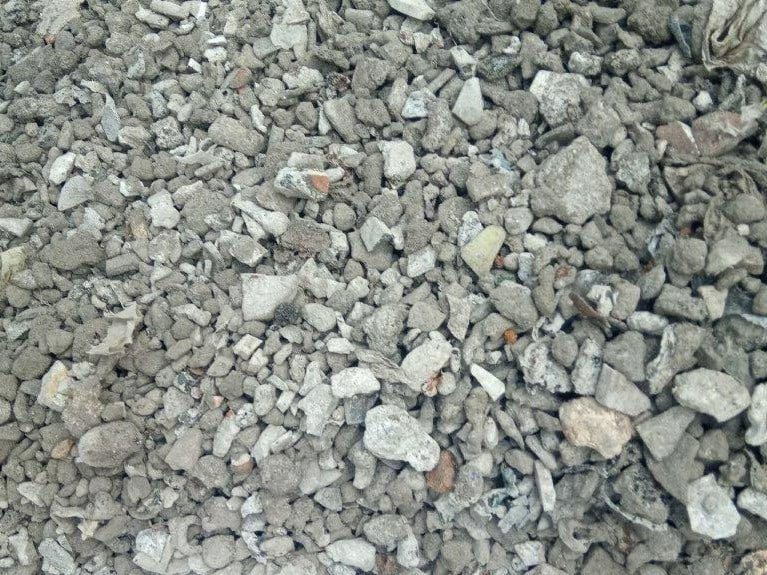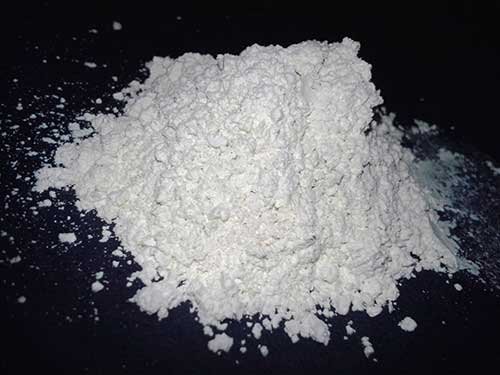In the realm of agriculture, the quality of soil plays a fundamental role in determining crop yield and overall success. Farmers and agricultural experts have long recognized the value of soil amendment to improve soil structure, pH levels, and nutrient availability. One such amendment that has gained prominence in the agricultural community is hydrated lime. In this blog, we will delve into the benefits of using hydrated lime in agriculture, particularly its role in soil amendment and pest control.
Understanding Hydrated Lime:
Hydrated lime, also known as calcium hydroxide, is produced by adding water to quicklime (calcium oxide). This chemical compound has a wide range of applications, one of which is enhancing agricultural practices. Its application in agriculture is primarily focused on soil modification and controlling pests. Let’s explore how it benefits farmers and cultivators.
1. Soil Amendment and pH Adjustment:
One of the key benefits of using hydrated lime in agriculture is its ability to amend soil and adjust pH levels. Soil pH is a critical factor influencing nutrient availability to plants. Soils that are too acidic (low pH) or too alkaline (high pH) can hinder nutrient absorption by plants. Hydrated lime serves as a pH stabilizer. When applied to acidic soils, it neutralizes excess acidity, bringing the pH to a more optimal range for plant growth.
2. Improved Nutrient Availability:
A balanced pH level is crucial for ensuring that essential nutrients in the soil are readily available to plants. When soil pH is too low, essential nutrients like nitrogen, phosphorus, and potassium become less accessible to crops. By using hydrated lime to adjust soil pH, farmers can unlock the full nutrient potential of their soil, leading to healthier and more productive crops.
3. Enhanced Soil Structure:
In addition to pH adjustment, hydrated lime contributes to improved soil structure. It helps to flocculate clay soils, reducing their stickiness and making them more friable. This enhanced soil structure encourages better root development and water infiltration, ultimately leading to increased crop yields.
4. Pest Control and Disease Management:
Hydrated lime has also found its place in pest control and disease management. When applied as a dust or spray on plants, it can act as a deterrent against certain insects, including aphids and whiteflies. Additionally, hydrated lime can help prevent the growth of certain fungal diseases on plant leaves.
5. Weed Suppression:
Weeds can pose a significant challenge to crop cultivation. Hydrated lime can be used as a weed suppressant when applied to the soil’s surface. It creates unfavourable conditions for weed growth, making it easier for crops to establish and thrive.
6. Sustainable Agriculture:
The use of hydrated lime aligns with the principles of sustainable agriculture. By optimizing soil conditions and reducing the need for chemical fertilizers, farmers can contribute to more environmentally friendly and sustainable farming practices.
7. Cost-Effective Solution:
Hydrated lime is a cost-effective soil amendment compared to some other agricultural inputs. It offers a viable solution for small-scale and large-scale farmers alike, making it accessible to a wide range of agricultural operations.
Application Guidelines:
While hydrated lime offers numerous benefits in agriculture, it should be applied judiciously, taking into account factors such as soil type, crop type, and environmental conditions. Farmers are advised to conduct soil tests to determine the appropriate application rate and timing. Over-application of hydrated lime can lead to excessively high pH levels, which may have adverse effects on crops.
In conclusion, the use of hydrated lime in agriculture has gained recognition for its positive impact on soil quality, nutrient availability, and pest control. By amending soil with hydrated lime, farmers can optimize their crop yields and contribute to sustainable and environmentally friendly agricultural practices. However, it’s essential to follow recommended guidelines and conduct soil tests to ensure the appropriate application of hydrated lime for maximum benefits. As agriculture continues to evolve, the role of soil amendments like hydrated lime remains vital in promoting crop health and food production.











